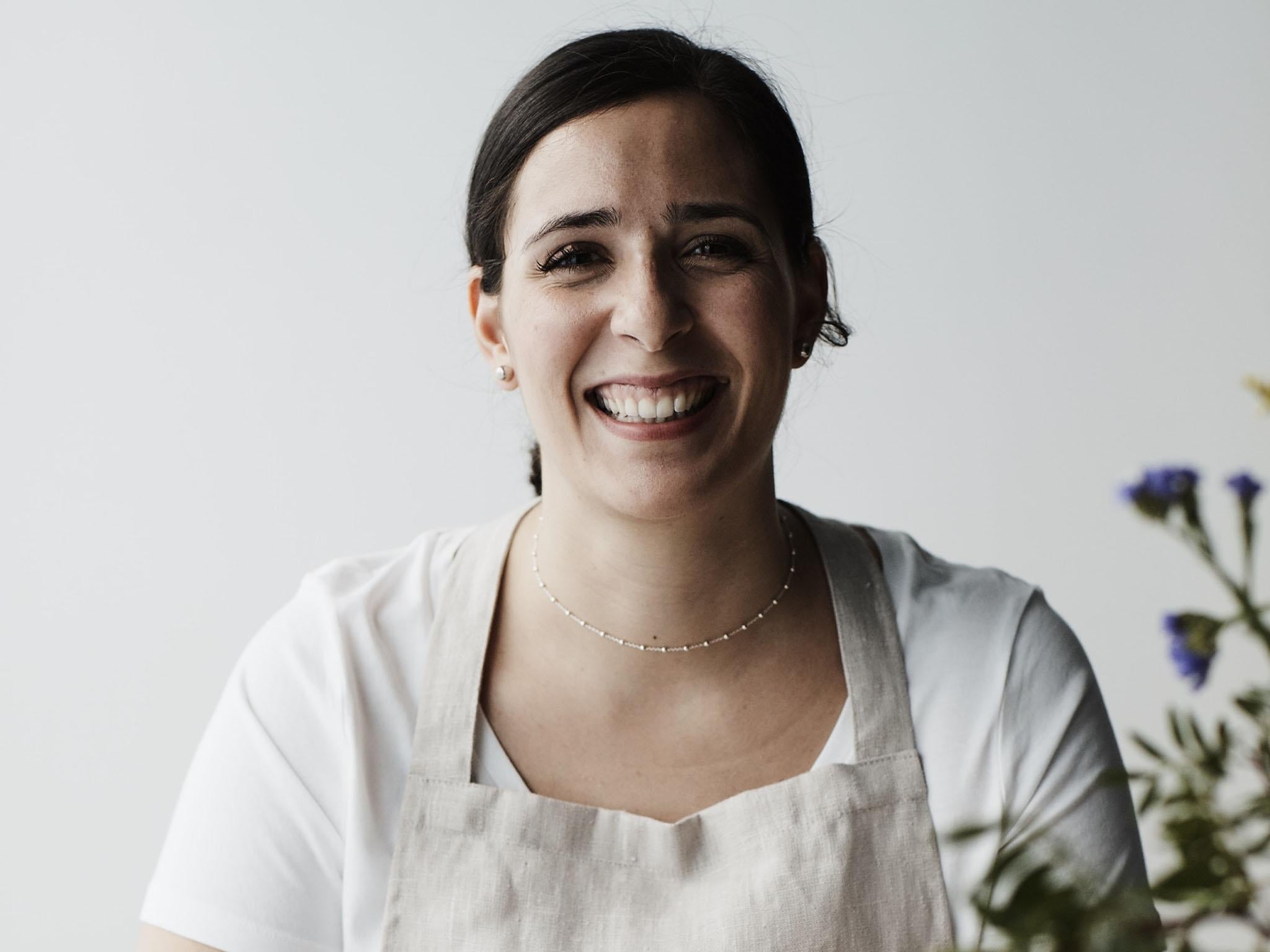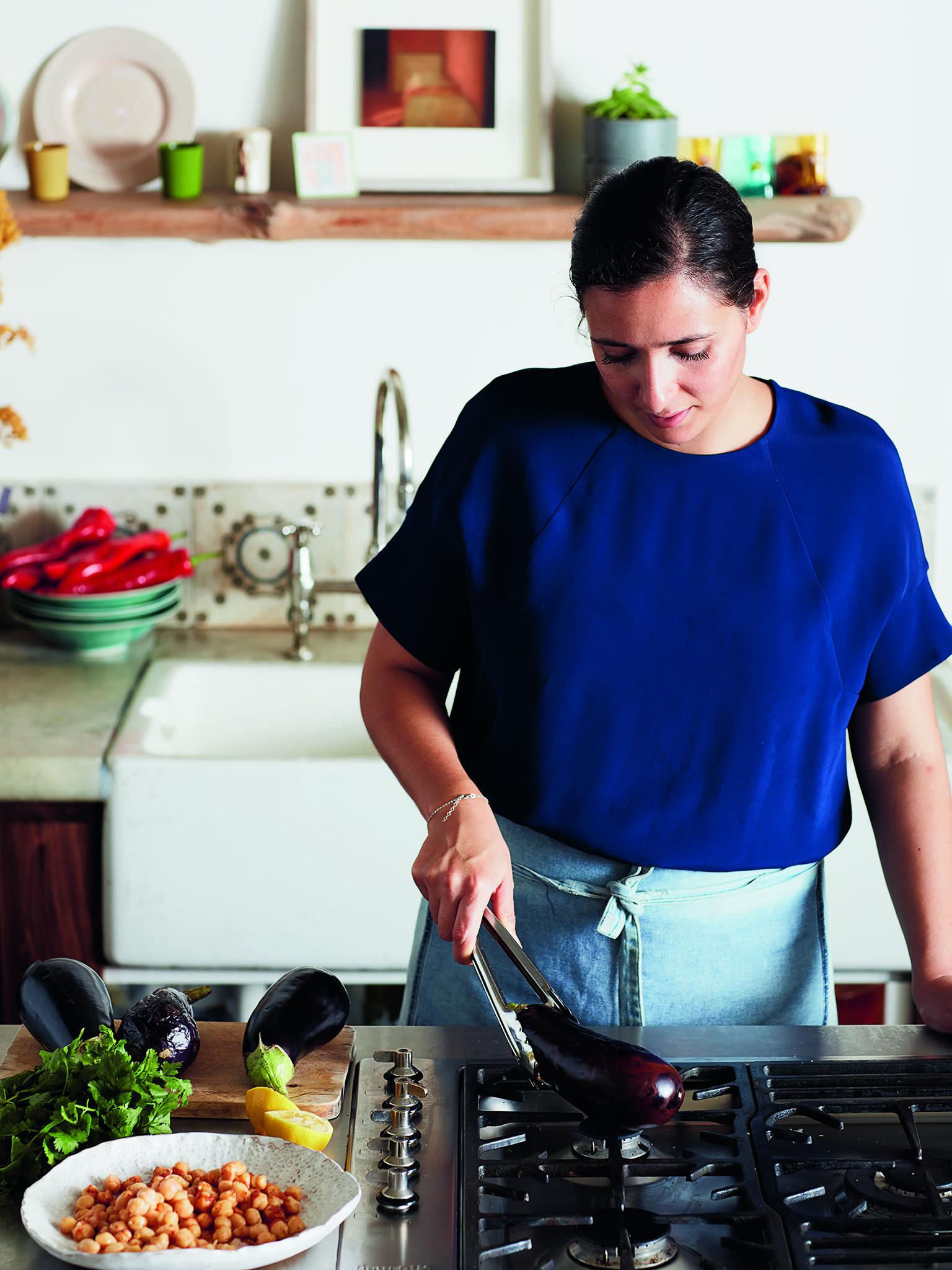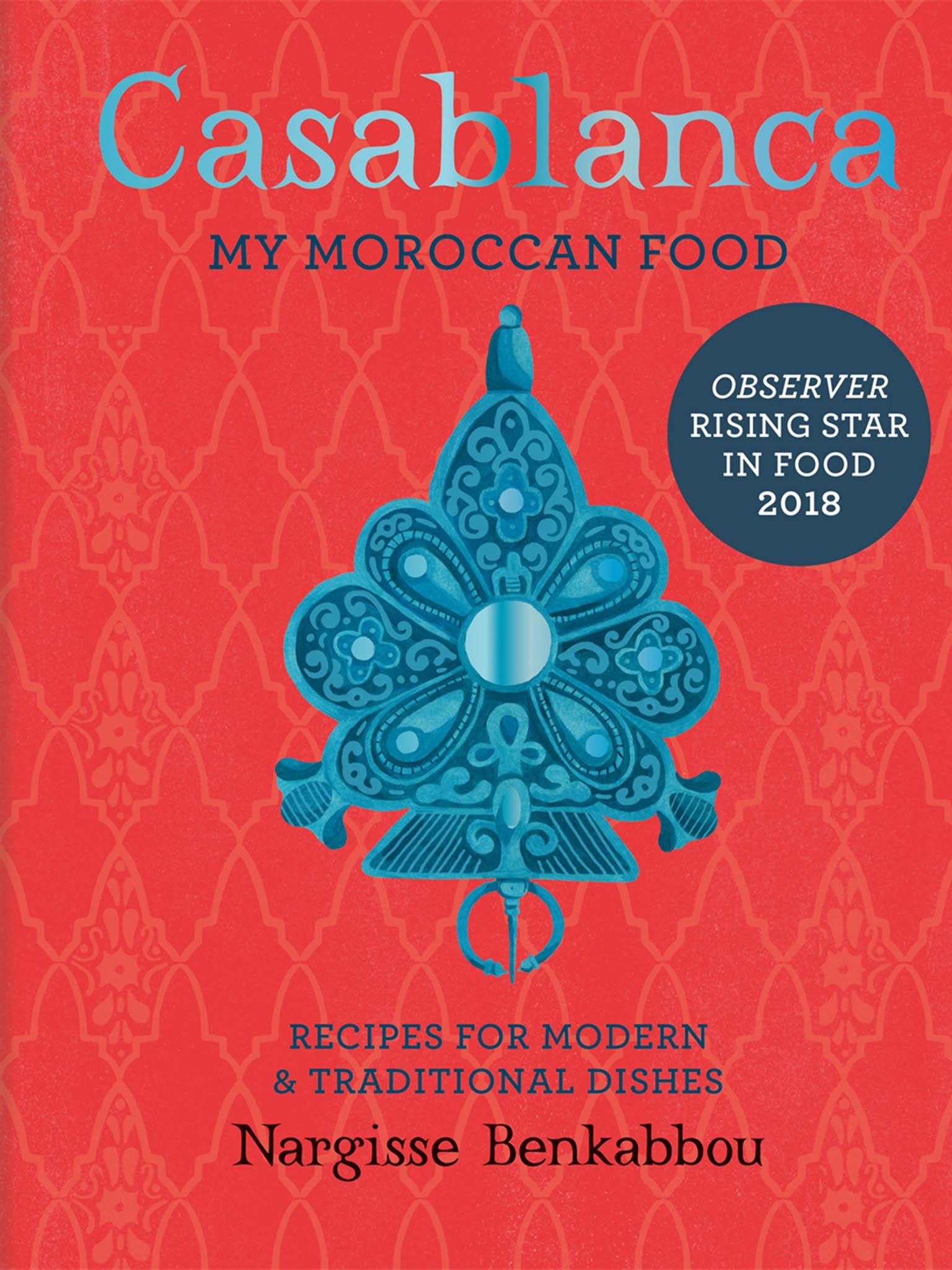Nargisse Benkabbou plans to make Moroccan food global and still keep it authentic
The chef grew up in Belgium and studied three politics courses at university but discovered her real passion when she started blogging about the food of her parents’ home country

Your support helps us to tell the story
From reproductive rights to climate change to Big Tech, The Independent is on the ground when the story is developing. Whether it's investigating the financials of Elon Musk's pro-Trump PAC or producing our latest documentary, 'The A Word', which shines a light on the American women fighting for reproductive rights, we know how important it is to parse out the facts from the messaging.
At such a critical moment in US history, we need reporters on the ground. Your donation allows us to keep sending journalists to speak to both sides of the story.
The Independent is trusted by Americans across the entire political spectrum. And unlike many other quality news outlets, we choose not to lock Americans out of our reporting and analysis with paywalls. We believe quality journalism should be available to everyone, paid for by those who can afford it.
Your support makes all the difference.“I felt like I was betraying my culture. I’d been served a tagine with cous cous,” says Nargisse Benkabbou. When she moved to London seven years ago, she’d gone to a Moroccan restaurant in the hope of finding something comforting that reminded her of home. But this was not how it should be served.
The way a tagine should be served is with bread, she says. “I’d never seen it with cous cous, but I ate it anyway, and I actually really liked it,” she admits. “When I tell my mother people eat tagine with cous cous, she’s appalled.”
Benkabbou is the author of Casablanca: My Moroccan Food, her debut cookbook published this week. But she only came to professional cooking three and a half years ago. Before that, she was a serial student.
“I did a degree in Brussels, a masters in Paris and then, as I liked university so much, I did another masters in London.” To work in the food world had been her dream for years, but considering her education was in politics, it was rather a convoluted way to get there.
After an intense course at Leiths School of Food and Wine, she began her blog. “I designed it all myself, bought a digital SLR camera – I’d never even used one before – took all the pictures and worked day and night on it.”
Her mission, she says, is to make Moroccan food “global”. For some people, it’s still exotic (like sushi once was to Benkabbou) – despite Marrakech being only being 3.5 hours from the UK. But with its similarities to Indian food, many of the spices can be crossed over, which can make it a little less daunting to some.
Benkabbou has the advantage of bridging two cultures: North African and Western. By having Moroccan parents who raised her with the food of their culture, but in the West, followed by her training at Leiths, she’s able to bring them together.

“By making something global, you’ve got to accept that it will lose a little bit of what it is. But if you do it the right way you’ll keep its authenticity and what makes it special. And that’s what I’ve tried to do,” she says.
Of course, Benkabbou is well versed the authentic essence of Moroccan food. But she’s updated it, and made it accessible for a Western audience, with recipes like her classic merguez meat that’s turned into burgers and topped with a preserved lemon guacamole; and the bakoula-stuffed romano peppers with yoghurt and hazelnuts, created when she was unable to get hold of mallow and instead used Swiss chard.
And despite her first encounter of a tagine with cous cous, she says: “Now, I tell people eat tagine with whatever makes you happy. If it makes them embrace Moroccan food, then that’s good.”
Moroccan cuisine has been influenced by many other countries, namely those who colonised it, from the French to the Spanish. So growing up in Europe was not quite as detached, food-wise, as it might first sound.
For Benkabbou, food is one of the main things that defines a culture. “We have certain dishes that define celebrations, from births to deaths, and chicken pie for weddings.”
“On Friday in Morocco, we eat cous cous. It has vegetables and meat on top and we call the whole dish cous cous. But what you know as cous cous is semolina. It’s a dish that we can make in very large quantities and for that reason, traditional households go to the mosque on Friday and then afterwards, eat cous cous and then give it to other people, and poor people. So if there’s 10 of you, you make it for 15 and invite everyone.”
She began cooking by being her mother’s sous chef, as she calls it, learning from her stay at home mum who was such a great cook that Benkabbou would entice friends back to her house by telling them her mother was cooking that evening.

And this is what initially made eating out in London’s Moroccan restaurants so hard: blasphemous serving ideas aside, eating Moroccan food when it wasn’t her mum’s was basically pointless.
Things have changed now, but just because she’s got a book, Benkabbou isn’t calling time on her blog. “I think it’s important to keep it alive as ultimately that’s what allowed me to reach all of these people. I have about 20,000 visitors to my website – I don’t know what it means but it’s a lot of people from all around the world.”
So fans won’t be let down, and new followers will have even more of her beautiful recipes to create at home too.
Casablanca My Moroccan Food by Nargisse Benkabbou is published by Mitchell Beazley, £20 (octopusbooks.co.uk) and is out now
Join our commenting forum
Join thought-provoking conversations, follow other Independent readers and see their replies
Comments